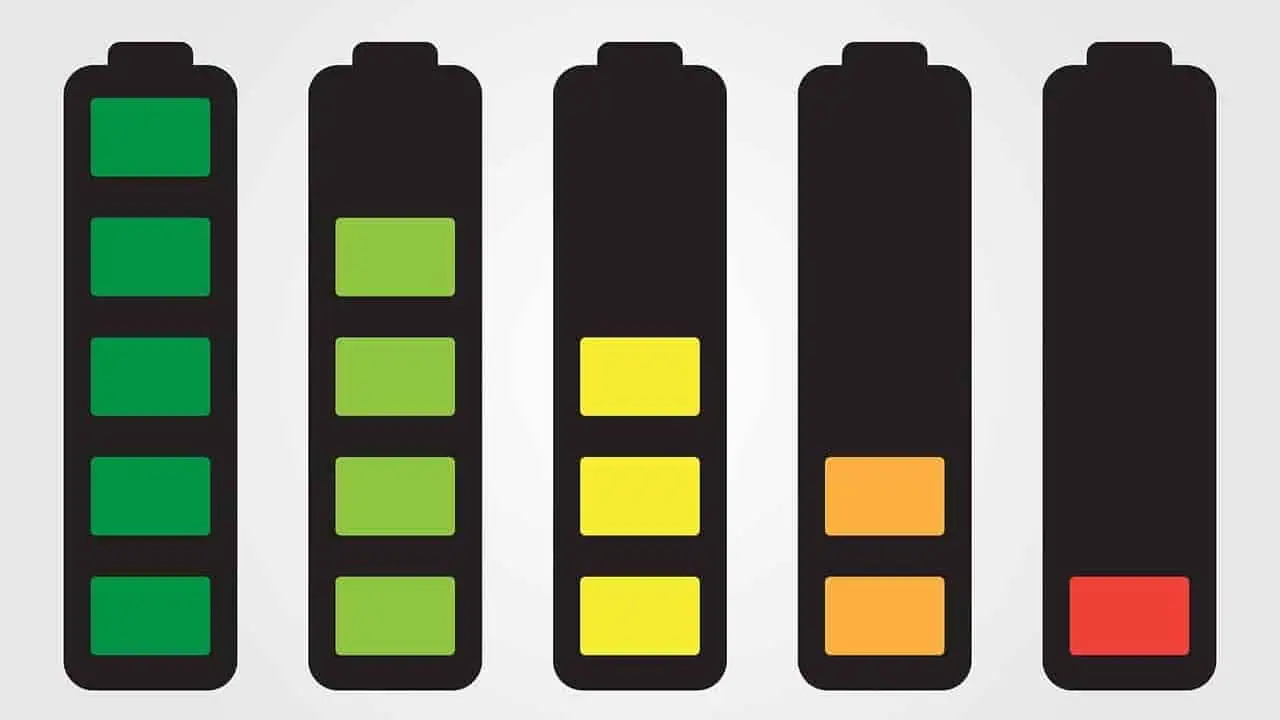The race to develop the most advanced solid-state battery is intensifying as major industry players aim to address the most common barrier to electric vehicle adoption. As EV-a2z previously reported, Toyota, Solid Power, Samsung SDI, and NIO are among the companies attempting to explore the battery technology that promises improved energy density and fast charging capability.
Now, Taiwanese solid-state battery firm ProLogium Technology has reportedly secured €1.5 billion in funding from the European Commission for its proposed groundbreaking solid-state battery development.
“The team at ProLogium is thrilled to receive this good news from the European Commission. Over the course of an extensive year-long review, our expansion plan, technology, and manufacturing capabilities underwent strict scrutiny by experts.”
Vincent Yang, ProLogium Founder, and CEO
Project details
To be specific, the government funding will support the company’s “Prometheus” R&D operation through 2029 as it aims to lead solid-state battery advancement for electric vehicles.
It will also fund the development of the company’s planned Gigafactory in Dunkirk, France, which is expected to have a power capacity of 48 GWh.
Innovation News Network reported that the investment for the battery factory is now valued at €5.2 billion, potentially boosting the EU’s electric vehicle battery industry.
ProLogium will share the technical results of the “Prometheus” R&D project with customers, institutes, and local industries. The collaboration will adhere to Fair, Reasonable, and Non-discriminatory (RAND) conditions to effectively accelerate the region’s EV battery development efforts.
“The approval of this substantial grant is a testament to ProLogium’s potential contribution to achieving Net Zero in France and Europe, as well as the value of our innovative solutions. We would like to express our deepest gratitude to the EU and French governments for their unwavering trust and support.
This grant will serve as a powerful financial backing for ProLogium’s Gigafactory project, empowering us to make steady progress in Dunkirk towards our goal: implementing local supply and manufacturing for European OEM customers.”
Vincent Yang, ProLogium Founder, and CEO
Project benefits
ProLogium’s Prometheus project is expected to significantly revolutionize electric vehicle technology by addressing the most common customer concern – range.
The project aims to explore and develop first-gen solid-state batteries that can offer some of the boundaries of traditional li-ion batteries.
It will also develop second-gen solid-state batteries that offer improved density and sustainability, effectively raising the EVs’ driving range capacity.
The company will also employ recycling methods for developing the planned solid-state batteries as it aims to support the industry’s efforts in establishing recycling standards in such battery projects.
In addition, the new Dunkirk Gigafactory will also significantly boost France and the EU’s economies. The planned battery plant will generate 3,000 new job positions, offering employment to local residents.
“ProLogium’s investment in the region is substantial, and its impact will be long-lasting. The gigafactory will not only create 3,000 jobs but also establish a comprehensive research and development ecosystem. This project promises significant economic benefits, strengthening both French and European economic sovereignty while driving the transition towards a greener industry.”
Gilles Normand, ProLogium Europe President
See Also:
- US Department of Energy grants Solid Power over $5 million for Solid State batteries
- Samsung SDI plans to begin mass production of solid-state batteries by 2027
- NIO to equip its EVs with 150 kWh solid-state batteries
- Top 5 facts about Toyota’s solid-state battery
- Solid-state battery market to expand 1,137% by 2033, market research says
The National Congress for the Defence of the People (CNDP) will oversee the Prometheus project’s public consultation process. Meanwhile, ProLogium aims to begin constructing the Gigafactory in H2 2024, expecting to officially launch operations by the end of 2026.






